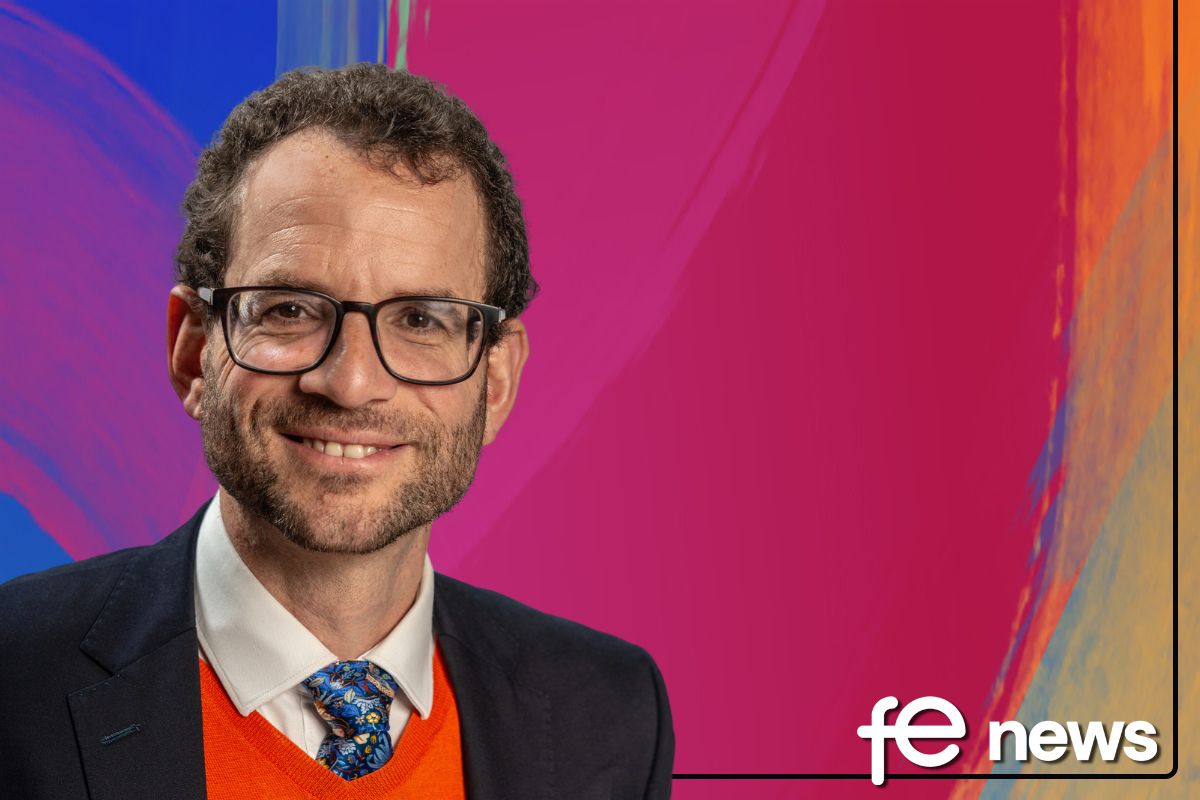Raising participation or raising aspirations?

Greater participation in education or training should help to combat the increasing numbers of young people not in education, employment or training (NEETs), contribute to a better skilled workforce and increase social mobility. However, to date there has been very limited evidence as to the impact that the Raising of the Participation Age (RPA) might have on achievement and access to provision. (RPA) means that all young people will be required to continue in education or training to the age of 17 from 2013 and 18 from 2015. On the surface it would be difficult to argue against this.
Young people who drop out of education after the compulsory phase tend to have had a negative experience of school. A recent report published by the Demos think tank on The Forgotten Half states that half of all school children in the UK are being failed by secondary schools, especially with regards to vocational qualification options. It is clear therefore that the main issue is engagement with the curriculum, not the years spent in education and particularly, for low attainers, RPA may not help them to reach level 3 by 19 as the government hopes.
When participation to 18 becomes compulsory most young people currently NEET will be expected to move into jobs with training, or vocational courses leading to qualifications at level 2 or below. Since RPA will not create jobs almost all will therefore be directed into education. It will be better to encourage young people to participate in education of their own free will; otherwise students will be resentful and could be difficult for colleges to manage: this may even pose a risk to other students.
To achieve 100% participation of young people, evidence suggests it will be necessary to offer a range of suitable post-16 pathways; to ensure the availability of high-quality guidance and support; and to offer good, alternative pre-16 provision which will engage young people and encourage them to want to continue learning post-16.
However, the focus should firmly be placed on an improved vocational offer and entitlement at 14+. Continuing learner engagement is vital to ensure that the RPA can be effectively achieved at a later stage in the system. Learners who may increasingly be required to follow an academic curriculum at school due to the introduction of the E-baccalaureate, based around the GCSE, could become disengaged and be at risk of exclusion or becoming NEET. Reductions in school funding, and the changes to school league tables risk a move away from encouraging young people to make their own choices and allowing them to participate in high-quality vocational courses. This could have a serious and damaging impact on engaging young people in education and training – a point which has been reinforced by the recently published Wolf Review.
Therefore, although the RPA in principle should lead to greater participation and achievement in education, this should not be seen as a simple solution to the growing NEET problem in the UK. We must keep in mind that the real heart of the problem is how to engage young people with the education system and for this to happen, schools and colleges must work together to offer a curriculum which is stimulating, high-quality and ultimately leads to skills which can be applied in the labour market. The proposals in the Wolf Review allowing colleges to recruit 14 year olds to full time courses may be an important step in this direction.
In order to ensure that colleges can invest appropriately in young people affected by RPA, and to ensure that there is fairness and equity for all young people across the education system, the funding levels for 16-19 in FE must be equalised with school sixth forms as promised in the government’s initial policy proposals and the sector as a whole must work together to help engage young people in education.
RPA is not an easy solution to tackling the growing levels of disengagement in education. It must be applied as one of a series of measures to help inspire and encourage young people to remain in education and training, through a reformed curriculum offer which is engaging and high quality and will ultimately lead to raised aspirations for the future. It would be far better if young people actively chose to pursue courses and training than for them to be forced into education and training which is not suitable.
Lynne Sedgmore is executive director of the 157 Group, which represents 27 of the most influential colleges in the FE sector











Responses